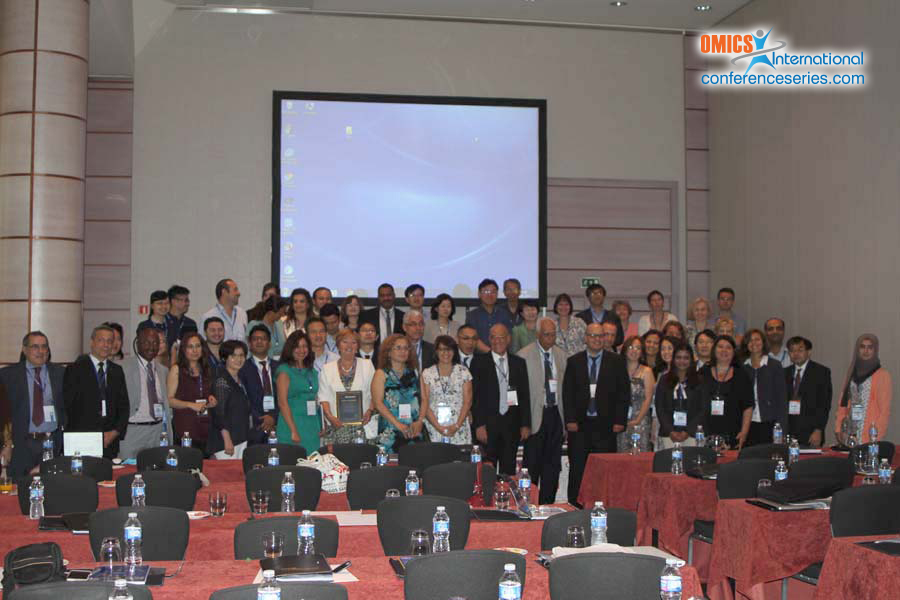
Biography
Biography: SÃlvia Storpirtis
Abstract
In Latin America, the implementation of bioequivalence (BE) studies is still unequal. There are remarkable advances, as well as there are some countries without regulations in this field. Despite of this heterogeneity it is possible to recognize efforts from the National Regulatory Agencies (NRA) in discussing bioequivalence criteria, biowaivers based on the concept of the Biopharmaceutical Classification System (BCS), therapeutical equivalence, and interchangeability issues. With this background, regulations have emerged based on in vitro and in vivo assays, but there are differences in terms of the assessment criteria and time elapsed from the application to final approval. However, since the emergence of the BCS there has been an interesting discussion regarding the possibility of including biowaivers in some cases. There is a consensus to apply a biowaiver study for solid oral dosage forms containing an active principle ingredient belonging to Class 1 of BCS (high solubility and high permeability), excluding drugs with narrow therapeutic index, but the interpretation of how to apply biowaivers based on other BCS classes differs between regulatory authorities. Considering that, the pharmaceutical market can reach USD 1,200 billion by 2016; it seems that is necessary to conciliate innovation and implementation of generic drugs. Furthermore, this implementation should be based on the best BE and biowaiver practices and criteria to improve access to safe and effective medicines at reasonable costs

